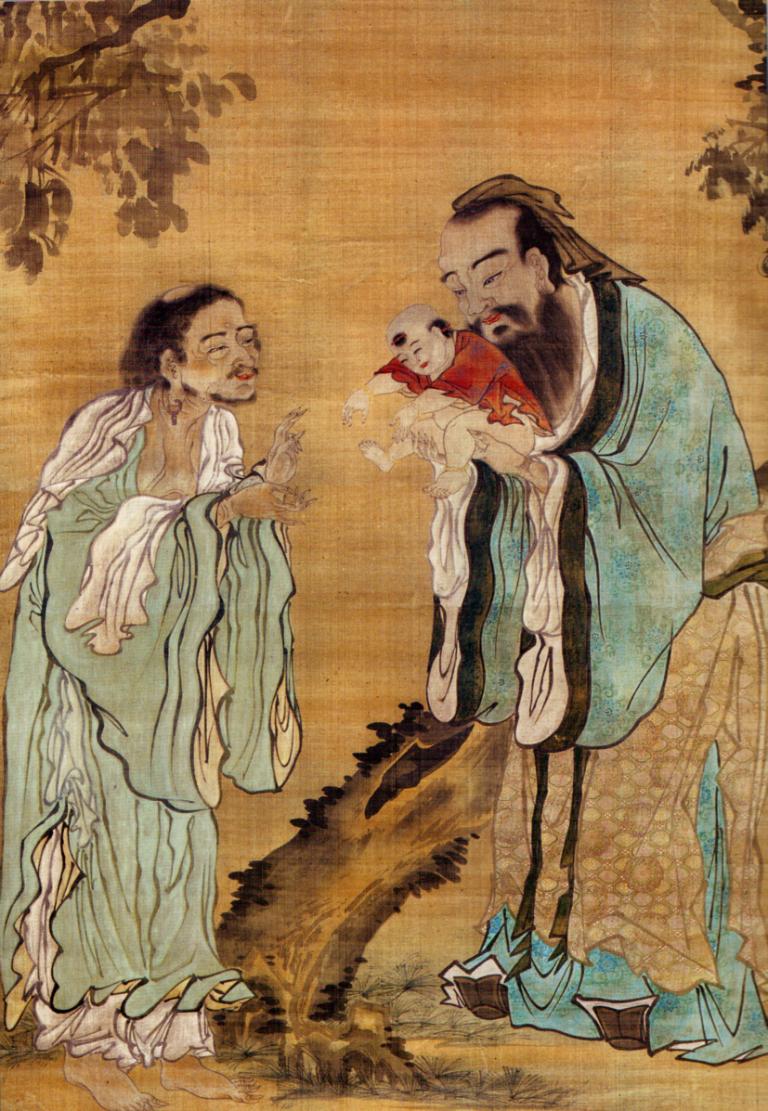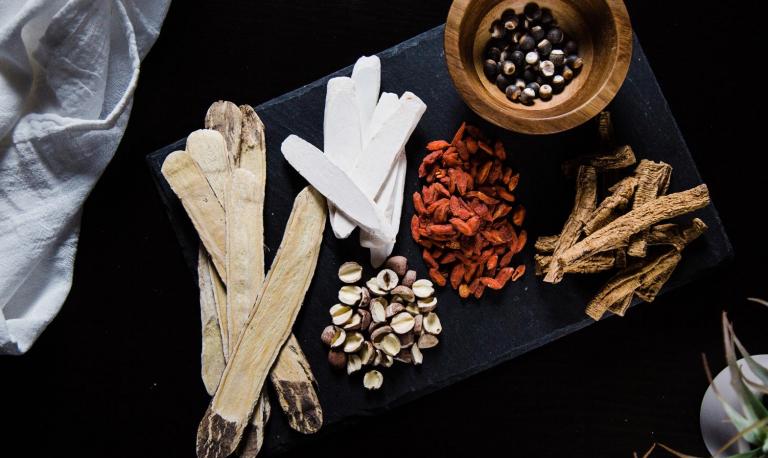The relationship between form, spirit and Chinese medicine for Taoism
3 min readIn traditional Chinese medicine, form and spirit refer to the physical structure and vital essence of the human body, and the relationship between them. By the time of the Spring and Autumn-Warring States period(770-221BC), Daoism had recognized form and spirit as complementary aspects of the unified whole of the Dao. According to Daoist philosophy, form and spirit manifest on three levels. First, form may refer to the material universe and spirit to the mysterious force that animates it. Second, form may refer to all living things and spirit to their vital functions. Third, form may refer specifically to the human body and spirit to human consciousness.

In Daoist philosophy, the Unity of Form and Spirit is considered to represent the ideal relationship between body and consciousness. Zhuangzi taught that this state of balance can be achieved through meditation. He believed that when the body is regulated and the vision focused, kindness will naturally follow; when the spirit is centered and the thoughts concentrated, wisdom will result. When form and spirit are unified, the Dao may be achieved. Daoism also applied meditative techniques to physiological processes. It was believed that decreasing visual and acoustic stimulation through meditationpromotes serenity and decreases fatigue, thus promoting good health. Reaching a state of non-seeing non-hearing, and non-thinking through meditation, the body and spirit are harmonized, thus promoting longevity. Daoism holds that in order to live in accord with natural law, form and spirit must be in accord. Untimely seasonal Qi and stimulation by the seven emotions are injurious to the body and should be avoided, as should practices that counter Nature or deplete Spirit.
TCM further refined the Daoist teachings on form and spirit. According to the Neijing, life exists within a holistic state known as the Unity of Form and Spirit. TCM holds that when the human body(form)develops to a certain point, it naturally becomes animated by the life force(spirit). Spirit requiresa physical foundation, and cannot exist when form is incomplete. Life is the manifestation of spirit within form. As people age or become seriously ill, the body gradually weakens and the life force ebbs, finally leaving the body and resulting in death. The Neijing summarizes the interdependence of form and spirit, stating that when form is complete, spirit lives; when spirit departs, form dies.
TCM holds that the heart, which is considered the seat of the mind, governs the body and controls the functioning of the zang and fu organs, the sense organs and orifices, and the limbs and skeleton. Therefore, it is very important to nourish the heart and regulate the mind. State of mind has a huge effect on physical health. An unhealthy state of mind is considered to be particularly injurious to the internal organs. According to TCM, anger damages the liver, joy damages the heart, brooding damages the spleen, grief damages the lungs, and fear damages the kidneys.
How are the heart and mind nourished and regulated? First, TCM draws from Daoist meditation techniques to center the mind. Eliminating excessive joy and anger, calming the heart, and focusing the awareness enables Qi to circulate normally, dispelling disease and promoting health and longevity. Conversely, if the heart and mind are filled with chaos, the body’s internal balance will be disrupted, with resulting deleterious effects. Second, TCM emphasizes achieving serenity of spirit. Moderate happiness and a positive outlook promote the circulation of Qi and blood, benefiting the health. Third, the balance between Yin and Yang must be maintained. Extreme emotions can disrupt this balance in the body and damage the health.A centered mind is the foundation that makes it possible to achieveserenity of spirit and balance between Yin and Yang. When the mind is centered and the emotions are moderated, the spirit is serene. Yin is not damaged by fits of rage and Yang is not damaged by explosions of joy, and the balance of Yin and Yang is maintained.
The Neijing combines an understanding of human physiology with the concept that form and spirit are interdependent. It emphasizes that in order to strengthen the life force and achieve health and longevity, it is necessary both to cultivate the spirit and to maintain the body that houses it.









